Description
Boost Plant Growth. Build Soil. Bolster Microbial Life.
Feeds plants, microbes, and improves soil structure with rich organic matter. Contains available nutrients for quick feed and undigested organic material for slow release with a wealth of beneficial organisms. The fish feces is collected through our filters. This is not a fish emulsion.
Directions:
Shake it up! 1oz (30ml) fish poop per gallon of water (3.71). NOT FOR HUMAN CONSUMPTION.
Potassium (K) is an essential element for plant growth it is important to food crops. Potassium, often called potash, helps plants use water and resist drought and enhances fruits and vegetables. If soluble Potassium is deficient in soil it can stunt growth and cause other symptomatic issues. To overcome deficiencies Potassium is commonly applied to gardens, lawns and orchards as part of a balanced fertilizer. In addition, Potassium promotes healthy green lawn grass. Nitrate Nitrogen: Nitrate (NO3-) is an important source of nitrogen for plant and animal life, but too much nitrate in drinking water can be harmful to human health. Common sources of nitrate in water include plant and animal matter, human and animal waste, household septic systems, and fertilizers. Ammonium Nitrogen: Ammonium nitrogen is a common nitrogen source found in various habitats, especially wastewater. It can be toxic to phytoplankton, higher plants, fish, and other animals, and microorganisms. Ammoniacal nitrogen is a measure of the amount of ammonia in a sample and refers to all the ammonia forms such as ammonia (NH3), ammonium (NH4+), nitrogen gas (N2), nitrates (NO3–), nitrites (NO2–), organic nitrogen such as proteins, DNA, etc. Inorganic Nitrogen is the nitrogen atoms that occur in inorganic compounds, such as ammonium, nitrate, and molecular nitrogen. It is an essential nutrient for photosynthetic organisms, and its efficient use in nature involves adaptation of the organisms to the availability of the nitrogen supply, to changing environmental conditions, and to the provision of carbon and other nutrients. Inorganic nitrogen is available to plants as either ammonium (NH4+-N) or nitrate (NO3–N). Nitrite (NO2) and nitrous oxide (N2O) are present in soil in lesser quantities. Nitrogen can also become available for plant use from organic N sources, but before these organic sources are available to plants, they must be converted to inorganic forms. Phosphorus (P) is a crucial nutrient in plants that plays a crucial role in the regulation of protein synthesis, cell division, and energy transmission. Plants gather phosphorus from the soil in the form of phosphate, which is a phosphorus atom bonded to four oxygen atoms. Phosphorus is an essential part of sugar phosphates, is involved in respiration and energy transfer via ATP, and is a part of ribonucleic acid (RNA), deoxyribonucleic acid (DNA), and membrane phospholipids. Phosphorus is an essential nutrient both as a part of several key plant structure compounds and as a catalysis in the conversion of numerous key biochemical reactions in plants. Copper (Cu) is an essential micronutrient in plants that plays a crucial role in lignin synthesis, photosynthesis, plant respiration, and metabolism of carbohydrates and proteins. Copper activates enzymes involved in lignin synthesis and is essential in several enzyme systems. It is also involved in ethylene sensing, cell wall metabolism, oxidative stress protection, and biogenesis of molybdenum cofactor. A deficiency in copper supply can alter essential functions in plant metabolism. Soils naturally contain copper in some form or other, ranging anywhere from 2 to 100 ppm, and most plants contain about 8 to 20 ppm. Without adequate copper, plants will fail to grow properly, and excess copper can inhibit plant growth and impair important cellular processes. Copper is classified as a micronutrient, and only a small amount is needed for plant survival. Zinc (Zn) is an essential micronutrient for plant life. It is used in the formation of chlorophyll, some carbohydrates, and the conversion of starches to sugars. Zinc also helps plant tissue withstand cold temperatures and is essential in the formation of auxins, which help with growth regulation and stem elongation. Zinc deficiency causes a type of leaf discoloration called chlorosis, which causes the tissue between the veins to turn yellow while the veins remain green. Zinc is a key component of many proteins and enzymes and contributes to a number of important plant functions, such as growth hormone production and internode elongation Manganese (Mn) is an essential micronutrient for plant growth and development, supporting metabolic roles within different plant cell compartments. It is an essential cofactor for the oxygen-evolving complex (OEC) of the photosynthetic machinery, catalyzing the water-splitting reaction in photosystem II (PSII). Mn plays a crucial role in diverse processes of a plant’s life cycle, including photosynthesis, respiration, scavenging of reactive oxygen species (ROS), pathogen defense, and hormone signaling. In Arabidopsis, 398 enzymes are predicted to contain Mn in the metal-binding site. Manganese deficiency is a widespread problem, most often occurring in sandy soils or organic soils with high pH levels Iron is an essential micronutrient for plant growth and metabolism. It plays a significant role in various physiological and biochemical pathways in plants, including the synthesis of chlorophyll and the maintenance of chloroplast structure and function. Iron is also involved in metabolic processes such as DNA synthesis, energy transfer, respiration, and photosynthesis. Without iron, plants can go into a state of chlorosis, where the leaves will have a sickly yellow color. Iron is a constituent of several enzymes and some pigments, and assists in nitrate and sulfate reduction and energy production within the plant. Iron deficiency is a limiting factor of plant growth, and its availability to plants is usually very low Boron is an essential nutrient for the growth, development, yield, and quality of crops. It plays a key role in a diverse range of plant functions, including cell wall formation and stability, maintenance of structural and functional integrity of biological membranes, movement of sugar or energy into growing parts of plants, pollination and seed set, and effective nitrogen fixation and nodulation in legume crops. Boron has an important role in colonization of roots with mycorrhizal fungi, which contributes to root uptake of phosphorus and potassium. Boron deficiency commonly results in empty pollen grains, poor pollen vitality, and a reduced number of flowers per plant. Boron is cross-linked with pectin assembly, glycosylinositol phosphorylceramides (GIPCs), and rhamnoglacturonan-II (RG-II) that control the tensile strength and porosity of the cell wall. Low boron levels lead to poor growth of fast-growing tissues and plant development Sulfur (S), along with calcium and magnesium, is one of the three secondary nutrients required by plants for normal, healthy growth. Sulfur is often overlooked and underappreciated in importance. There is a significant balance between nitrogen and sulfur. Without enough sulfur, plants cannot efficiently use nitrogen and other nutrients to reach their full potential. Plants acquire sulfur from the growing medium as sulfate (SO4=). Sulfate is readily soluble and subject to loss by leaching. Plant metabolism reduces sulfate and sulfur dioxide to forms that can be used to build organic molecules. Sulfur is a vital part of all plant proteins, and certain plant hormones. Sodium is not an essential element for plants but can be used in small quantities, similar to micronutrients, to aid in metabolism and synthesis of chlorophyll. In some plants, it can be used as a partial replacement for potassium and aids in the opening and closing of stomates, which helps regulate internal water balance. Chloride is needed in small quantities and aids in plant metabolism, photosynthesis, osmosis (movement of water in and out of plant cells) and ionic balance within the cell. Magnesium (Mg) is an essential nutrient for a wide array of fundamental physiological and biochemical processes in plants. It largely involves chlorophyll synthesis, production, transportation, and utilization of photoassimilates, enzyme activation, and protein synthesis. Magnesium is the central atom in the chlorophyll molecule, which gives plants their green color and carries out the process of photosynthesis. Without magnesium, chlorophyll cannot capture sun energy needed for photosynthesis. Magnesium also helps regulate the uptake of other essential nutrients and aids in photosynthesis. Without magnesium, plants can be stunted or they may not produce flowers or fruit. Calcium is an essential plant nutrient that plays a crucial role in the formation of cell walls and membranes, as well as as a counter-cation for inorganic and organic anions in the vacuole and as an intracellular messenger in the cytosol. When calcium is deficient, new tissue such as root tips, young leaves, and shoot tips often have improper cell wall formation, causing visual distortion in new growth. Calcium deficiency is rare in nature, but excessive Ca restricts plant communities on calcareous soils. Exogenous calcium supply has been shown to improve the plant’s resistance to pathogens. Calcium plays a vital function in soil structure and promotes healthy plant growth throughout the growing season. Molybdenum is important for both plants and animals. In plant growth, it helps in the nitrogen, oxygen, and sulfur cycles. Soils are the molybdenum sources for plants. Molybdate is the form that plants can uptake to get the element. Sandy soils and acidic soils contain less available molybdenum for plant growth.
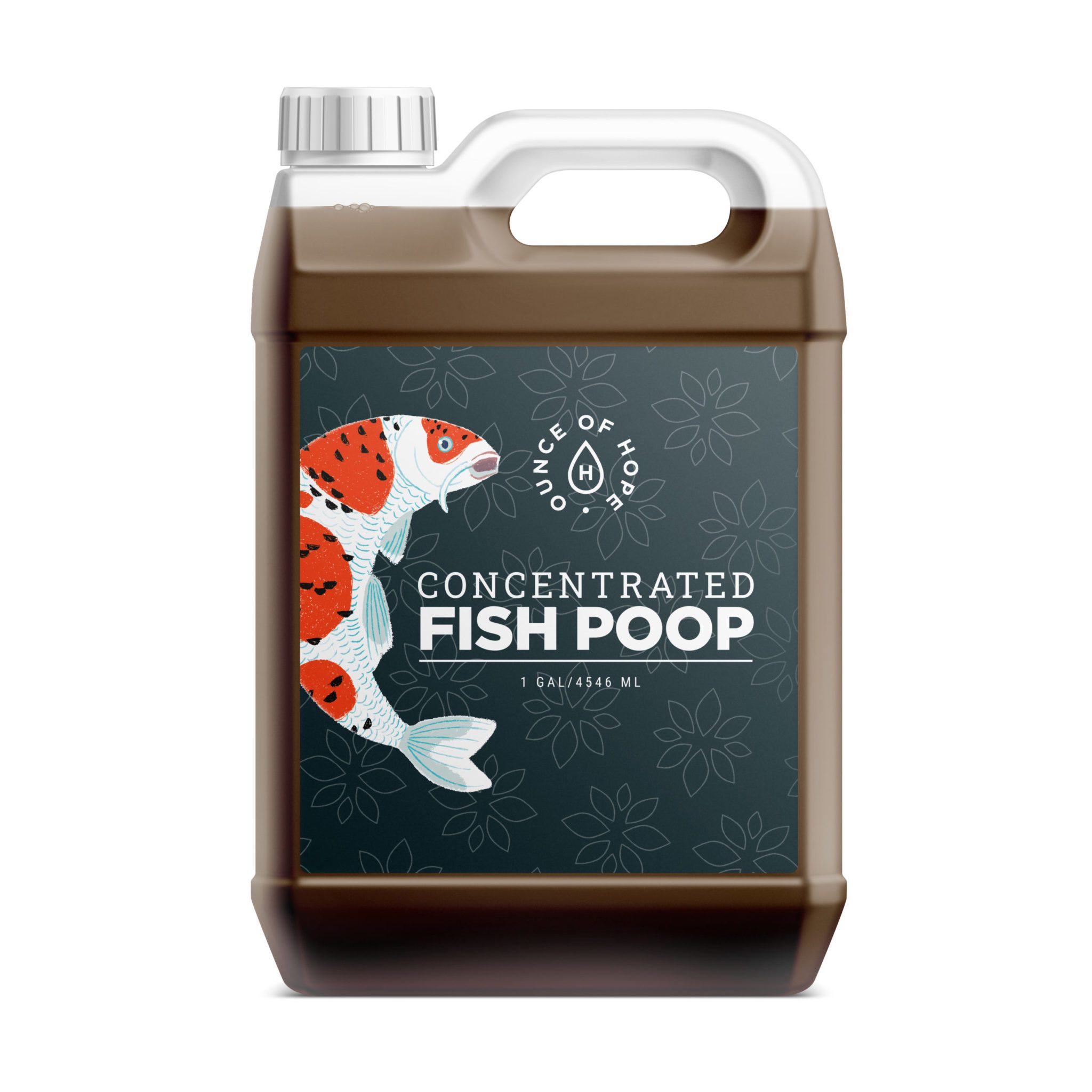
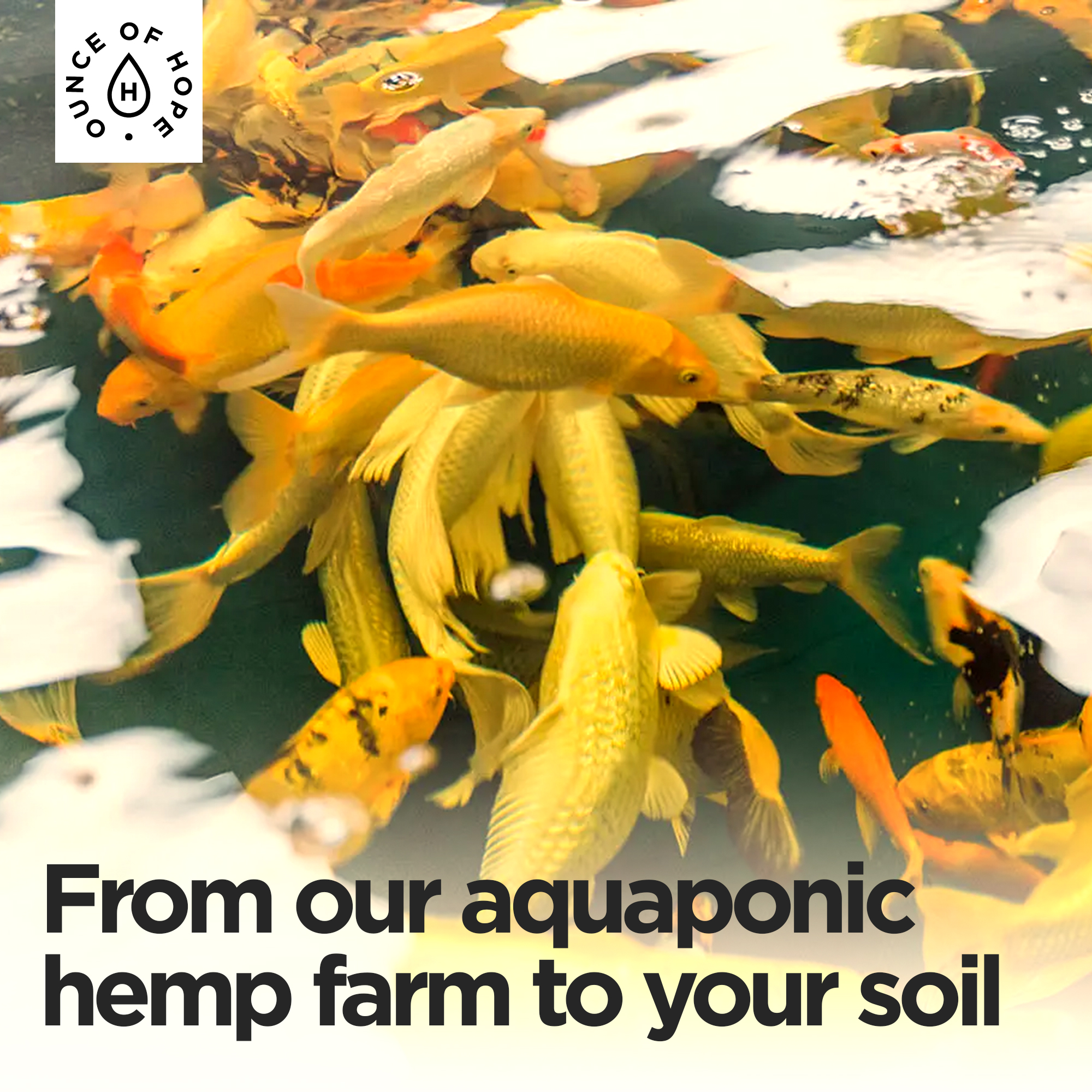
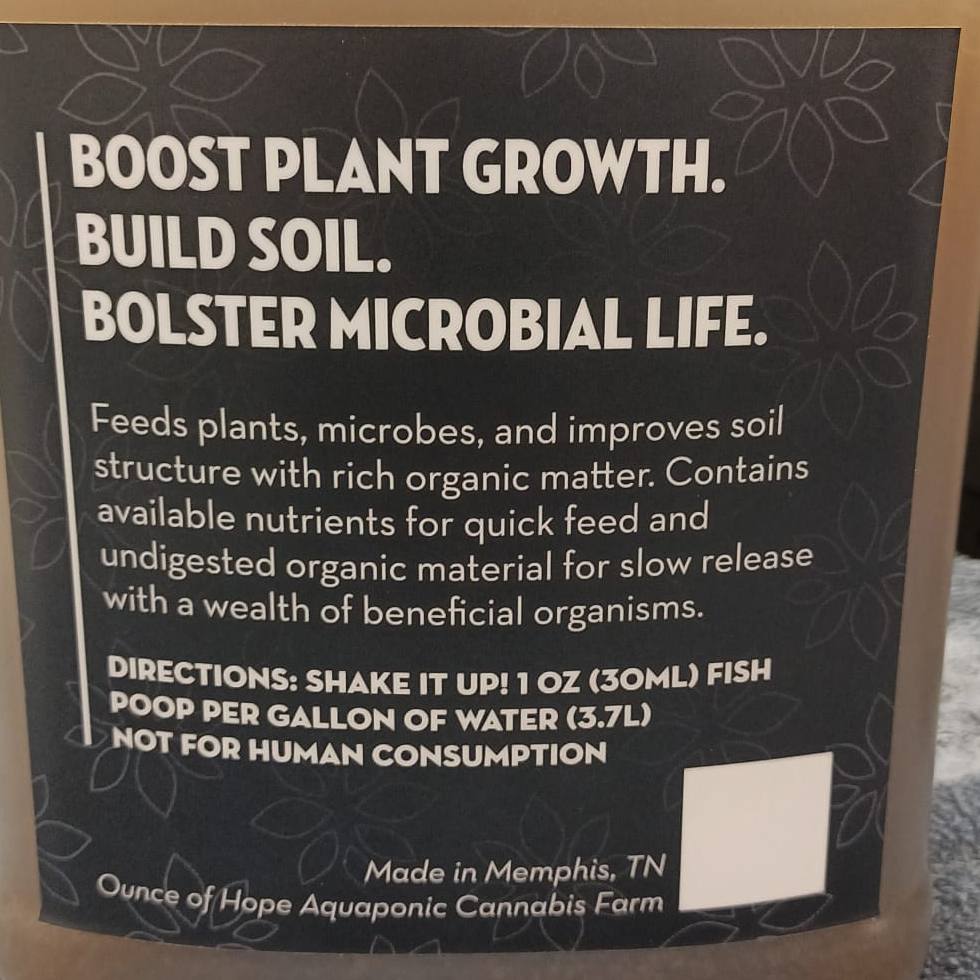
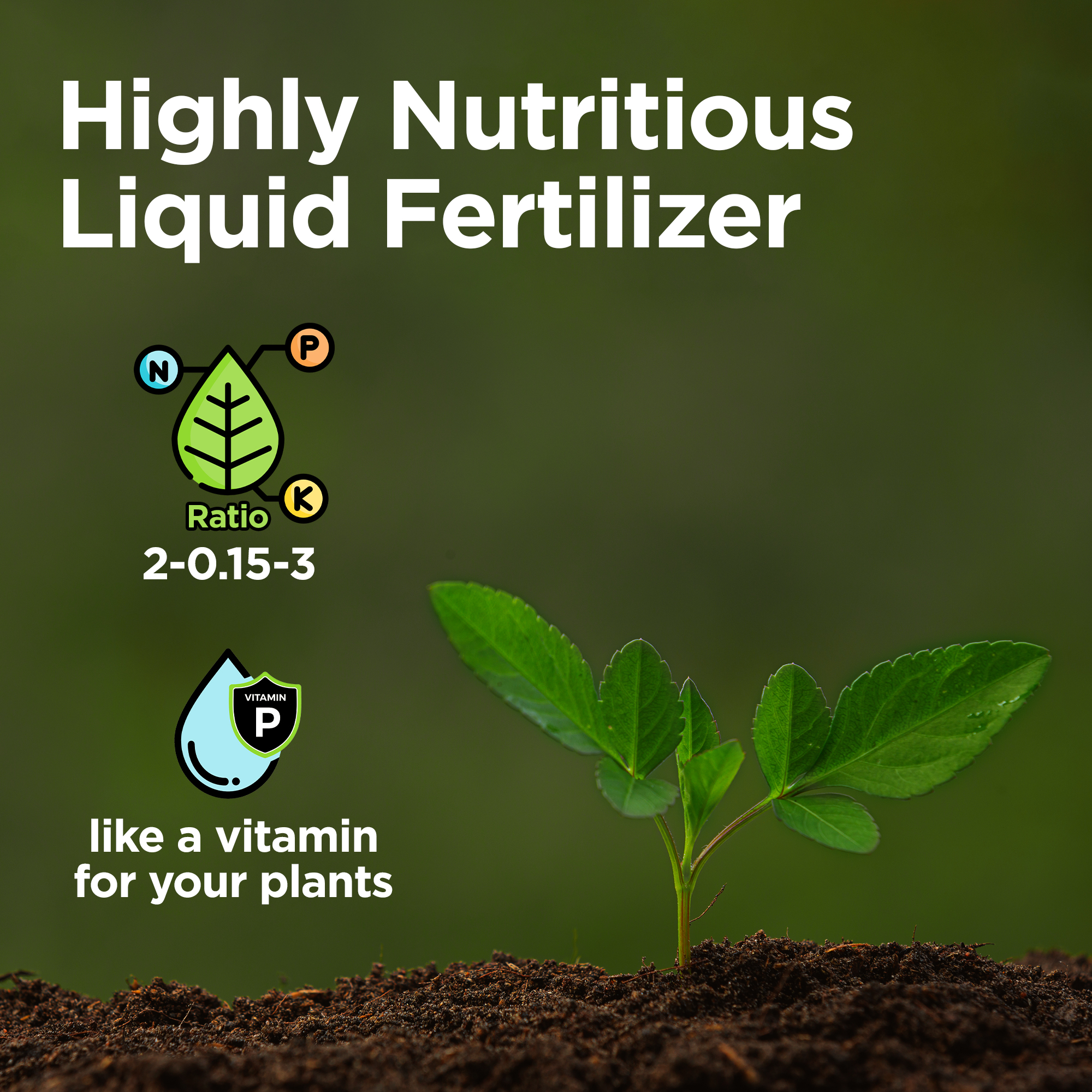
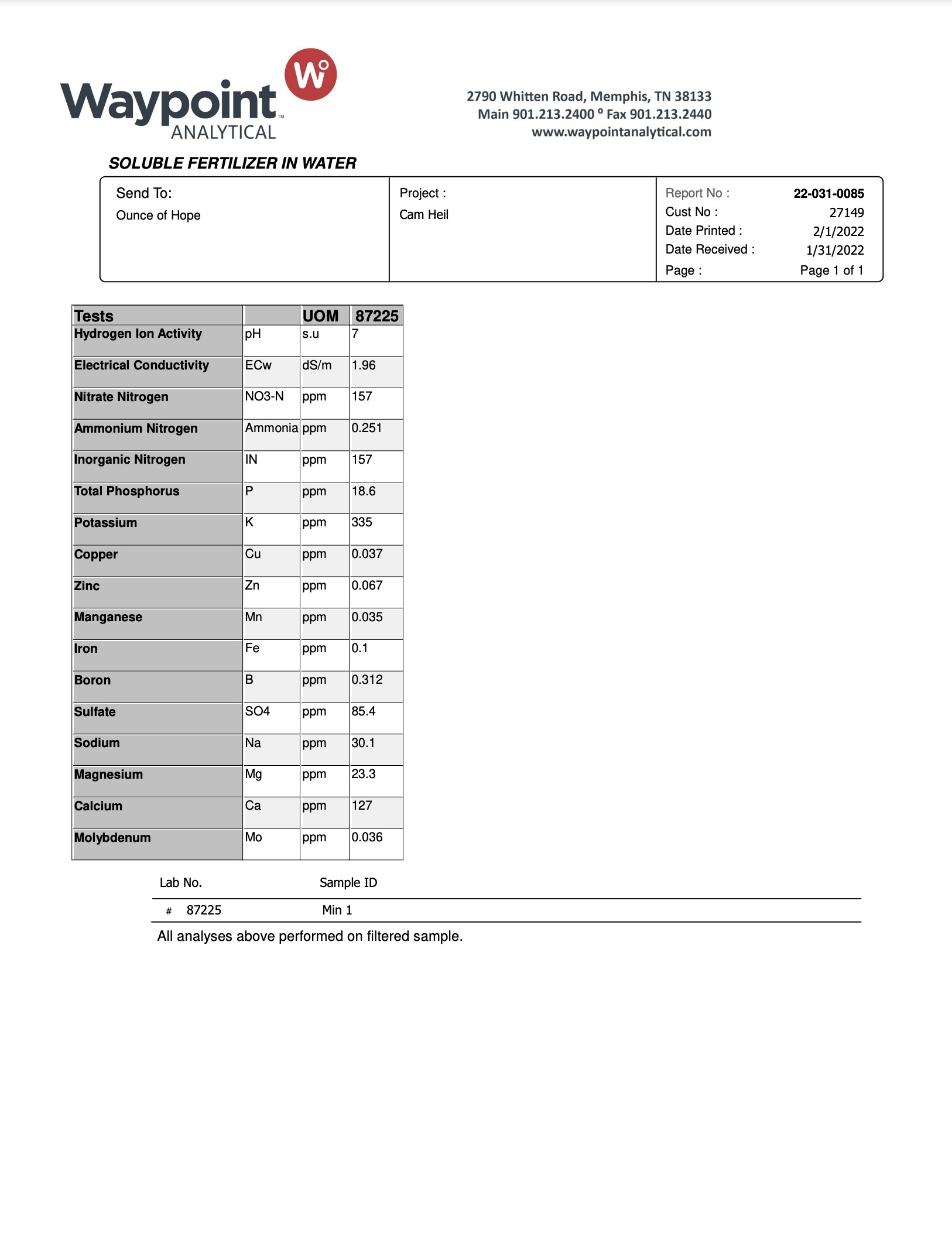
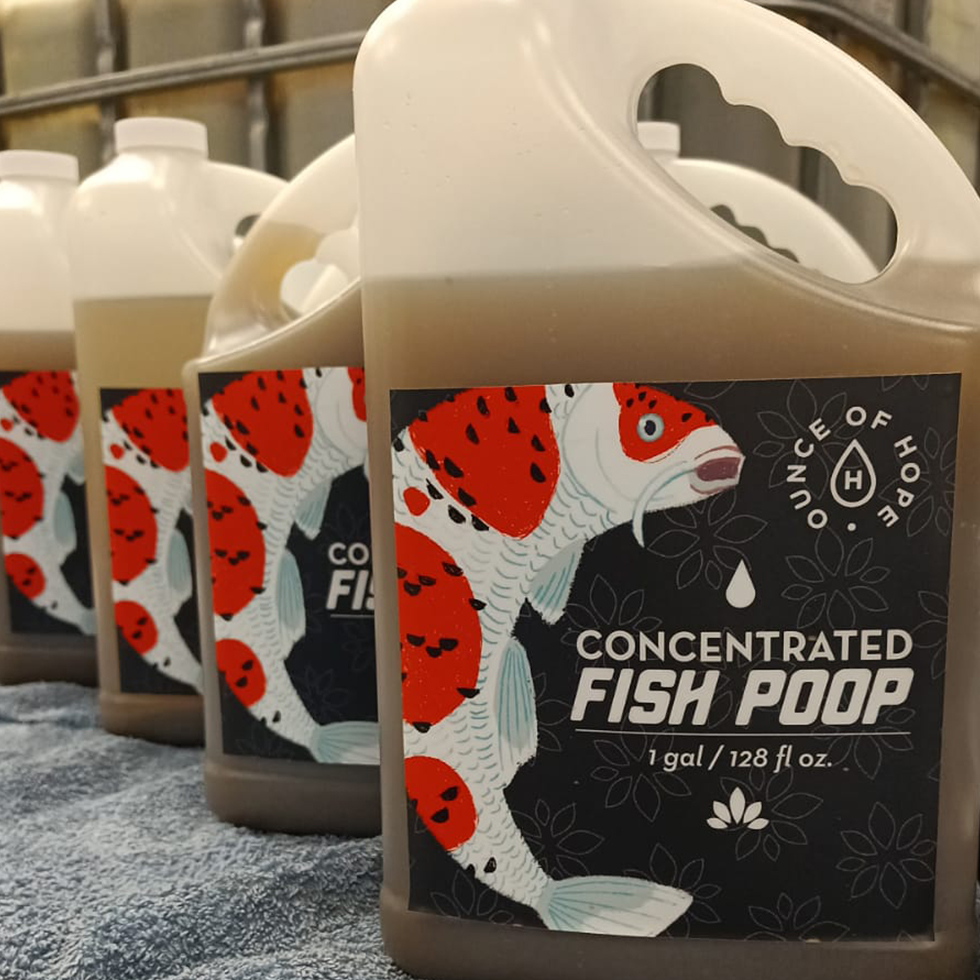
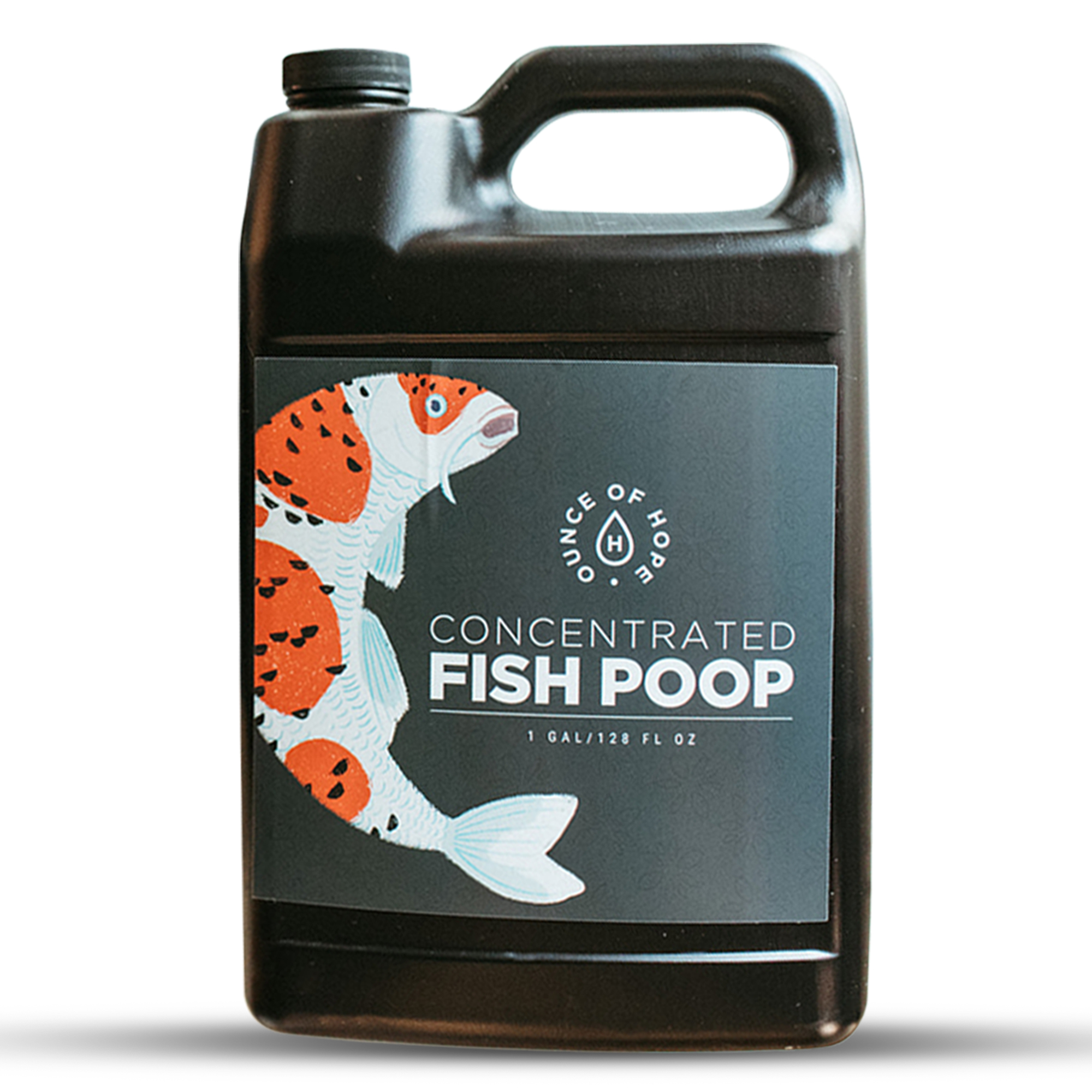
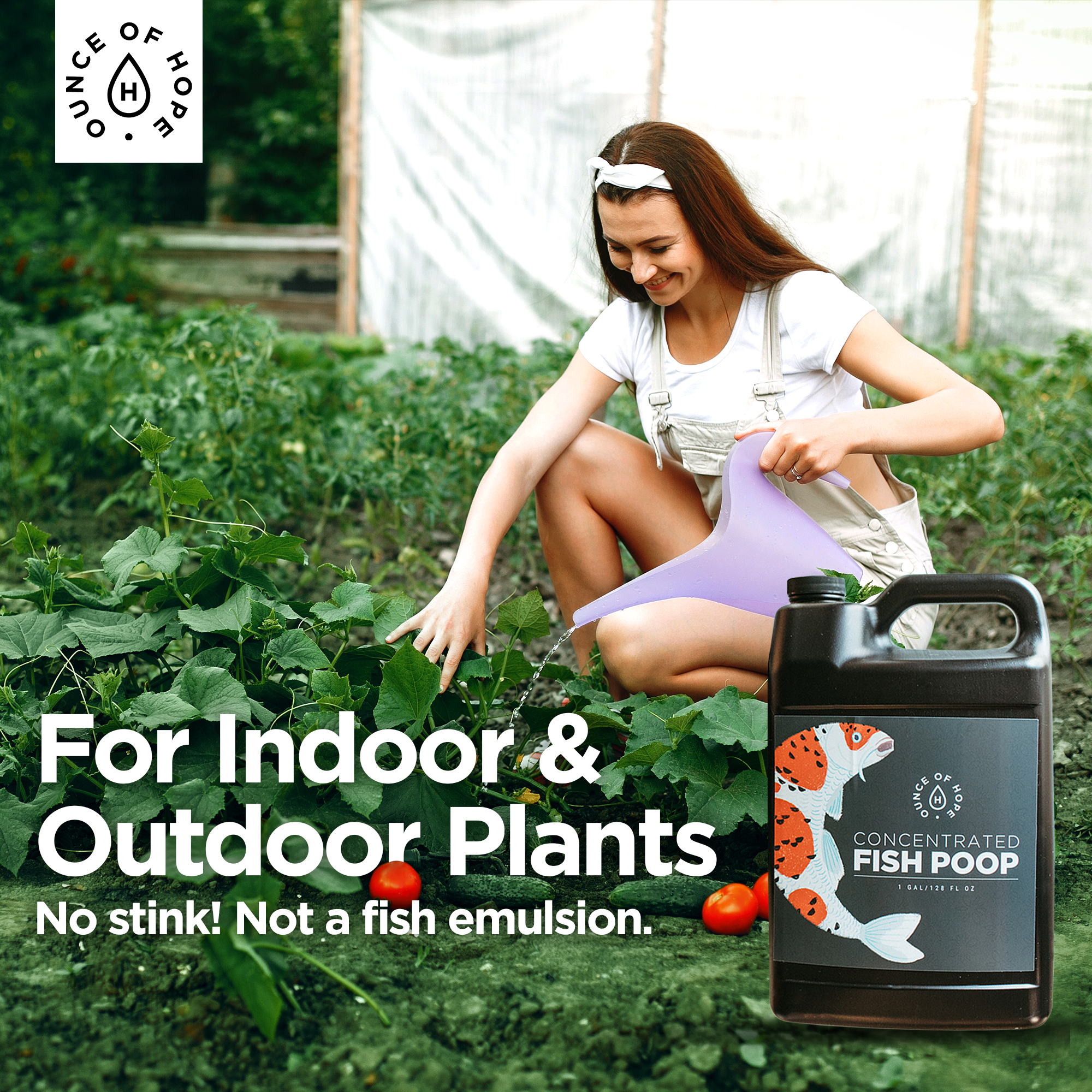
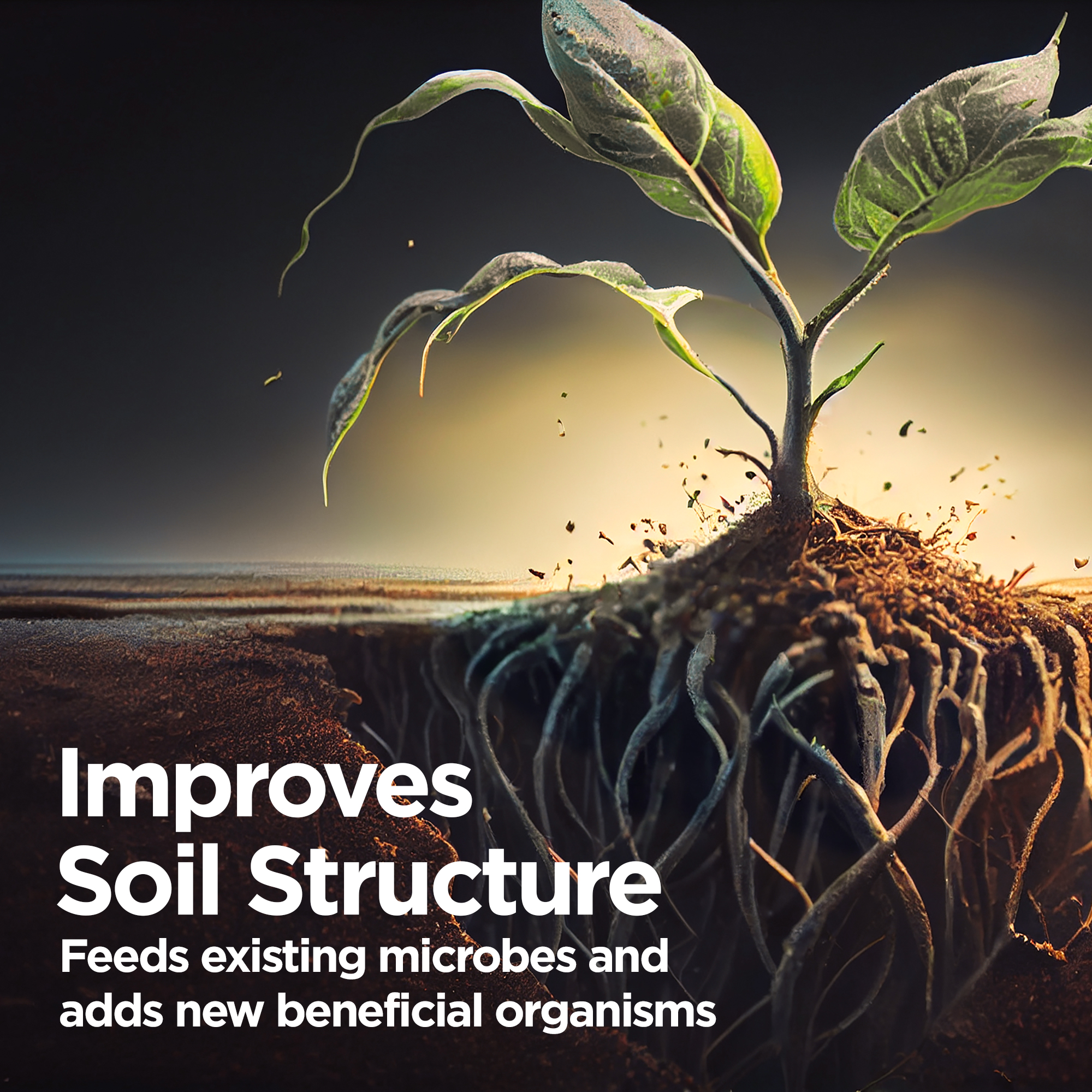
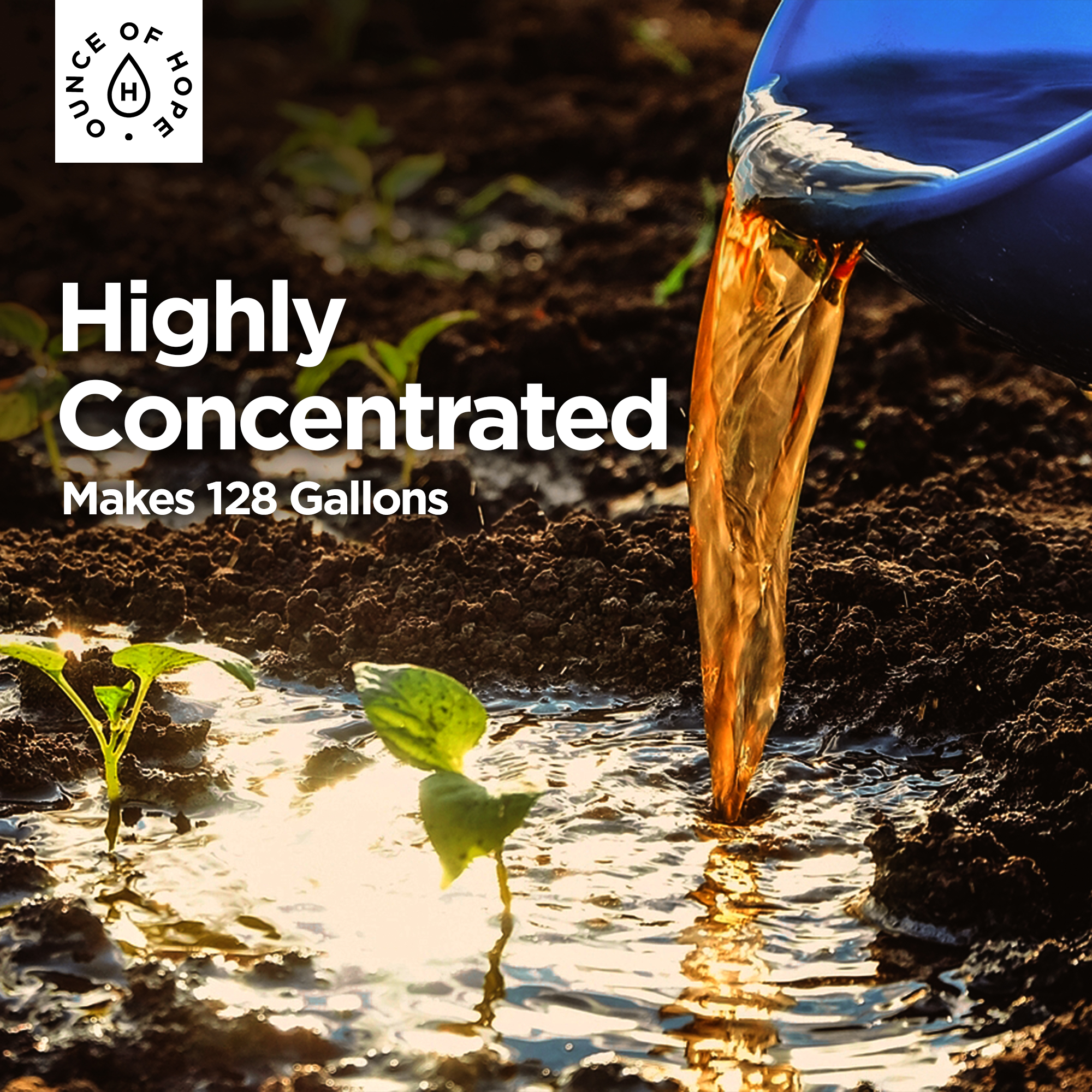
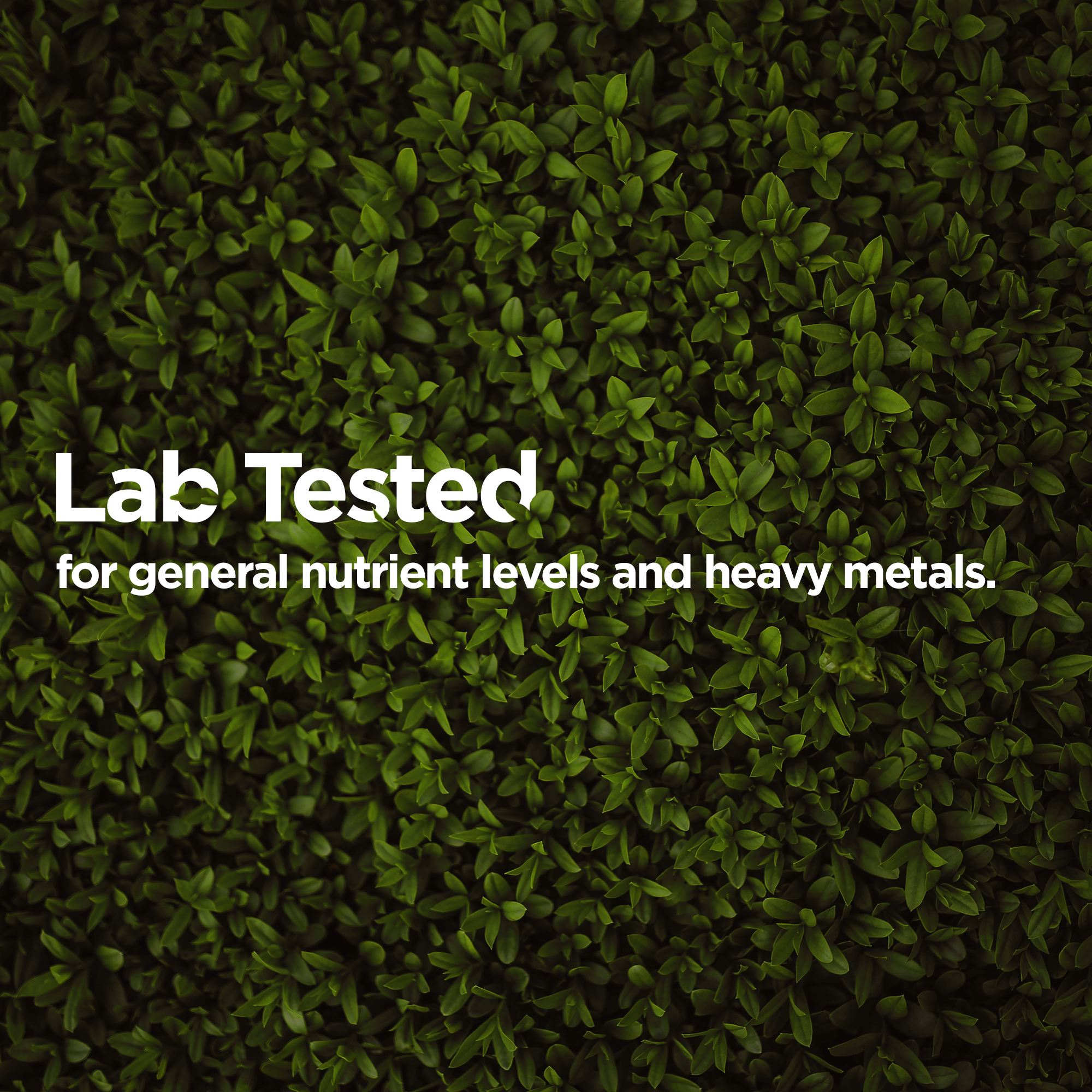
Reviews
There are no reviews yet.